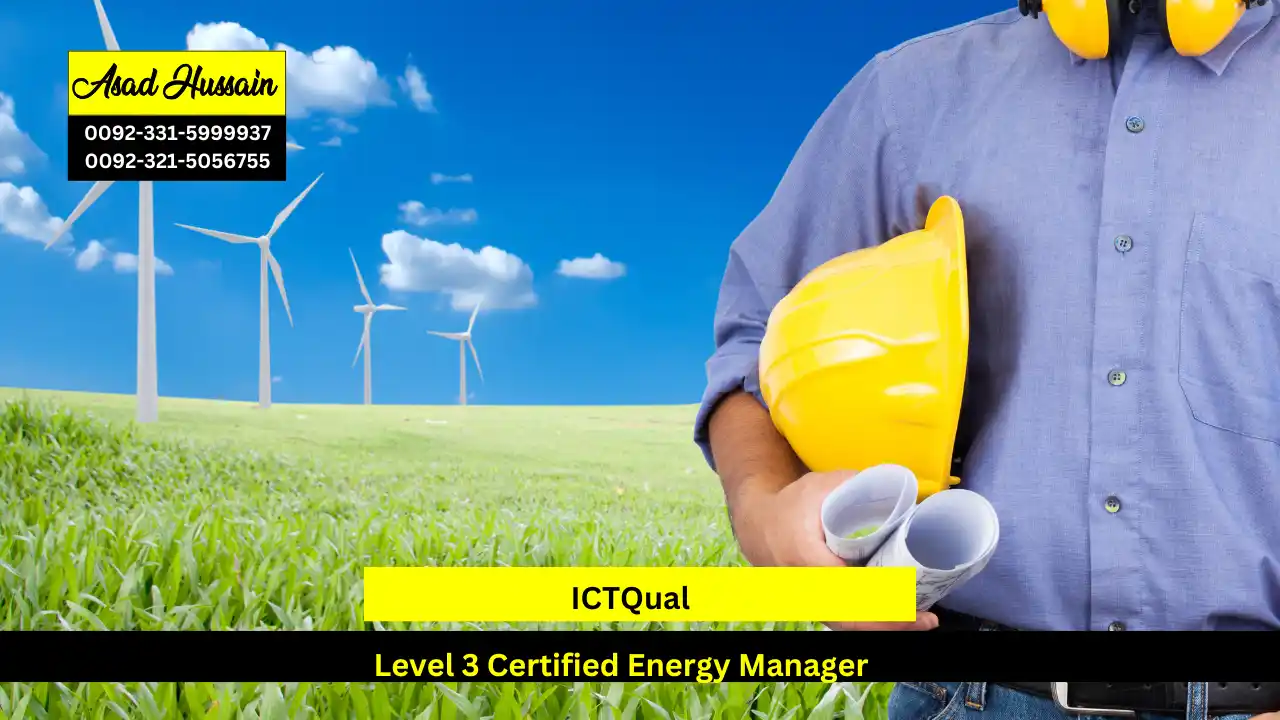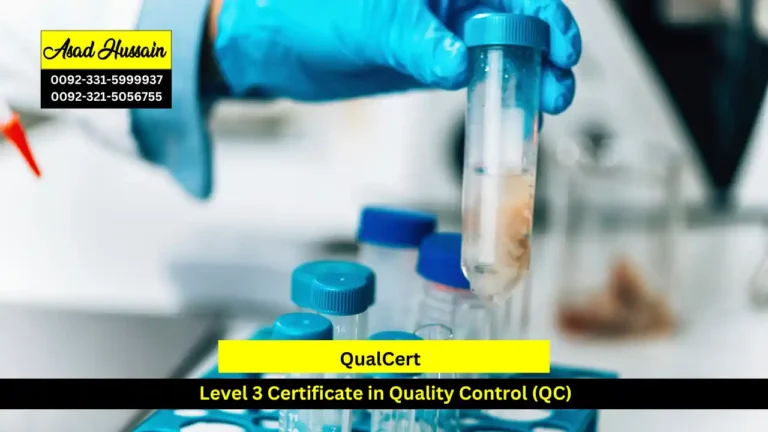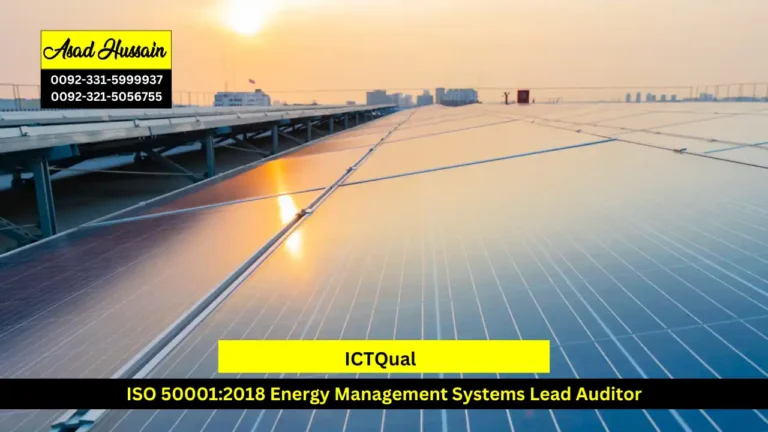In today’s world, energy management is more than just a buzzword—it’s a critical field that directly impacts sustainability, cost efficiency, and environmental stewardship. For those looking to make a mark in this dynamic sector, the Level 3 Certified Energy Manager (CEM) qualification is a gateway to a fulfilling and impactful career. This blog post explores what the Level 3 CEM entails, its benefits, and how it can shape your professional journey.
The Level 3 Certified Energy Manager is a professional certification designed for individuals seeking to enhance their expertise in energy management. This qualification is recognized globally and signifies a robust understanding of energy principles, systems, and strategies to optimize energy use in various settings. Whether you’re new to the field or looking to formalize your experience, this certification can provide a significant career boost
The Level 3 Certified Energy Manager qualification is a powerful tool for those looking to excel in the energy management field. By gaining this certification, you not only enhance your career prospects but also contribute to a more sustainable and energy-efficient future. Whether you aim to advance in your current role or explore new opportunities, the Level 3 CEM provides the knowledge and credentials needed to make a significant impact. Embrace the journey towards becoming a Certified Energy Manager and unlock a world of possibilities in the ever-evolving energy sector.
Program Highlights
Mandatory Units
- Introduction to energy management
- Technical and Operational
- Energy Assessments, Measurements and Verification
- Regulatory & Legal Compliance and Carbon Management
- Strategy/Plan in energy management
- ISO 50001 energy management system
- Applicants should typically possess a minimum educational qualification, such as a high school diploma or equivalent.
- Since the course is conducted in English, proficiency in the English language is essential to comprehend course materials, participate in discussions, and complete assessments effectively.
- Basic technical skills, including proficiency in using computers, conducting data analysis, and understanding mathematical concepts, are beneficial for successfully completing the course requirements.
- While not always mandatory, applicants with relevant work experience in fields such as energy management, sustainability, engineering, or facilities management may be preferred. This experience provides a foundational understanding of energy concepts and enhances the practical application of course materials.
Introduction to Energy Management
- Understand the Fundamentals of Energy Management: Explain the basic concepts and principles of energy management, including the importance and benefits of efficient energy use.
- Identify Key Energy Management Roles: Describe the roles and responsibilities of energy managers in various sectors.
- Recognize Energy Use Patterns: Analyze energy consumption patterns and identify areas for potential improvement.
- Evaluate Energy Management Technologies: Assess various technologies and systems used in energy management.
Technical and Operational
- Technical Aspects of Energy Systems: Explain the technical components and operations of energy systems, including HVAC, lighting, and industrial processes.
- Energy Efficiency Techniques: Identify and apply techniques to enhance energy efficiency in various systems and operations.
- Operational Best Practices: Implement best practices for the operation and maintenance of energy systems to optimize performance and reduce energy consumption.
- Energy Performance Indicators: Utilize performance indicators to monitor and improve energy efficiency.
Energy Assessments, Measurements, and Verification
- Conducting Energy Audits: Perform comprehensive energy audits to identify inefficiencies and recommend improvements.
- Measurement and Verification Techniques: Apply measurement and verification techniques to track energy savings and performance improvements.
- Data Analysis: Analyze data from energy assessments to draw actionable insights.
- Reporting: Prepare detailed reports summarizing energy audit findings and recommendations.
Regulatory & Legal Compliance and Carbon Management
- Understanding Energy Regulations: Identify and interpret key energy regulations and standards at local, national, and international levels.
- Compliance Strategies: Develop strategies to ensure compliance with energy regulations and standards.
- Carbon Footprint Analysis: Calculate and analyze the carbon footprint of an organization.
- Carbon Management Practices: Implement carbon management practices to reduce greenhouse gas emissions and meet regulatory requirements.
Strategy/Plan in Energy Management
- Developing an Energy Management Strategy: Formulate a comprehensive energy management strategy aligned with organizational goals.
- Energy Planning: Create detailed energy plans that outline specific actions, timelines, and resource allocations.
- Stakeholder Engagement: Engage and communicate with stakeholders to gain support for energy management initiatives.
- Performance Monitoring: Establish systems to monitor and evaluate the effectiveness of energy management strategies and plans.
ISO 50001 Energy Management System
- Understanding ISO 50001: Explain the purpose and structure of the ISO 50001 Energy Management System (EnMS).
- Implementing ISO 50001: Develop and implement an ISO 50001-compliant EnMS within an organization.
- Continuous Improvement: Apply continuous improvement principles to maintain and enhance the EnMS.
- Certification Process: Navigate the process of achieving ISO 50001 certification, including preparation for audits and compliance checks.
The Level 3 Certified Energy Manager course is designed for a diverse range of professionals seeking to deepen their expertise in energy management. It is ideal for energy managers, facility managers, engineers, and consultants who are responsible for optimizing energy use within their organizations. Additionally, this course benefits individuals working in sustainability roles, environmental management, and corporate social responsibility, providing them with the knowledge to drive energy efficiency and sustainability initiatives. Whether you are new to the field or looking to formalize your experience with a recognized certification, this course equips you with the skills and credentials needed to excel in the dynamic and impactful energy management sector.







